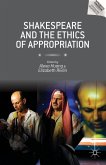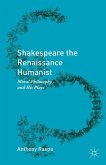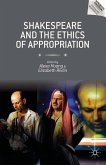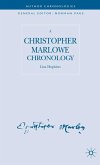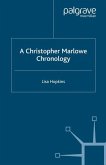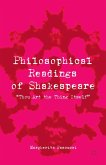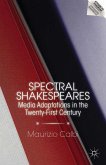Instead of asserting any alleged rivalry between Marlowe and Shakespeare, Sawyer examines the literary reception of the two when the writers are placed in tandem during critical discourse or artistic production. Focusing on specific examples from the last 400 years, the study begins with Robert Greene's comments in 1592 and ends with the post-9/11 and 7/7 era.
The study not only looks at literary critics and their assessments, but also at playwrights such as Aphra Behn, novelists such as Anthony Burgess, and late twentieth-century movie and theatre directors. The work concludes by showing how the most recent outbreak of Marlowe as Shakespeare's ghostwriter accelerates due to a climate of conspiracy, including "belief echoes," which presently permeate our cultural and critical discourse.
The study not only looks at literary critics and their assessments, but also at playwrights such as Aphra Behn, novelists such as Anthony Burgess, and late twentieth-century movie and theatre directors. The work concludes by showing how the most recent outbreak of Marlowe as Shakespeare's ghostwriter accelerates due to a climate of conspiracy, including "belief echoes," which presently permeate our cultural and critical discourse.
"Robert Sawyer's Marlowe and Shakespeare: The Critical Rivalry takes the complex meaning of the term 'rival' in the early modern period as something between 'competitor' and 'partner' or even 'collaborator' to survey the way the two playwrights have been viewed in relation to one another ... . The book will be very valuable to graduate students, in particular, who wish to learn the critical history of their field and to any scholar interested in the cultural history of literary criticism." (Henry S. Turner, SEL Studies in English Literature 1500-1900, Vol. 58 (02), 2018)


